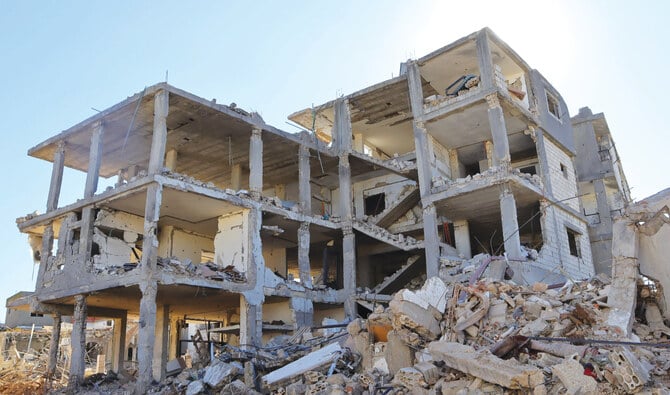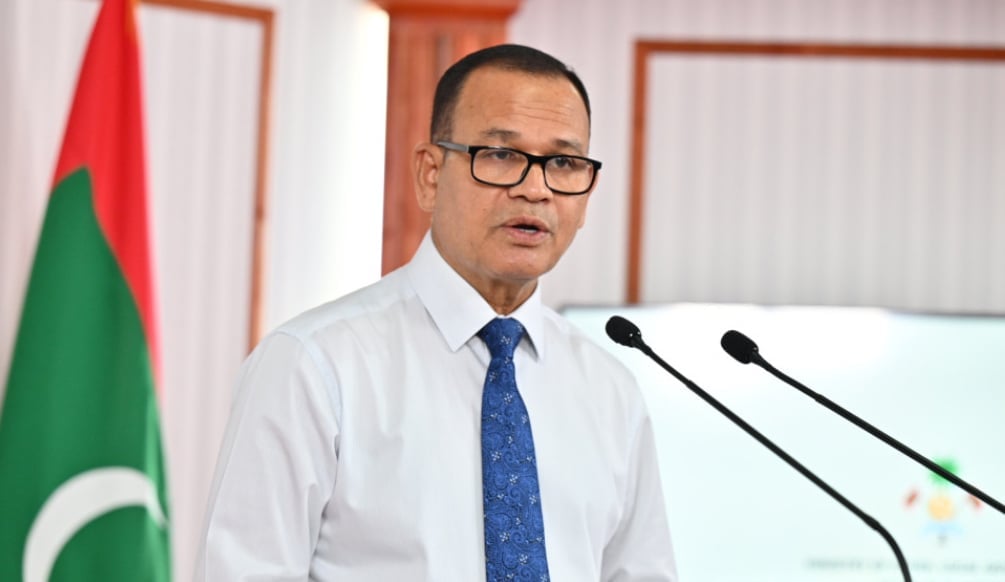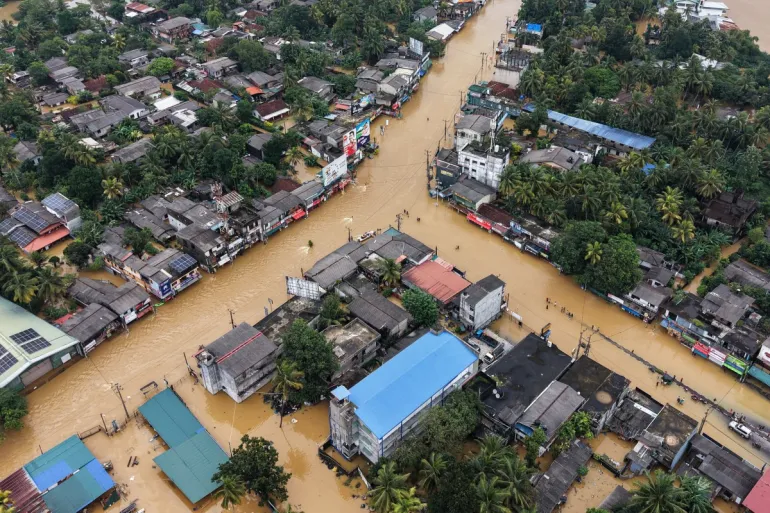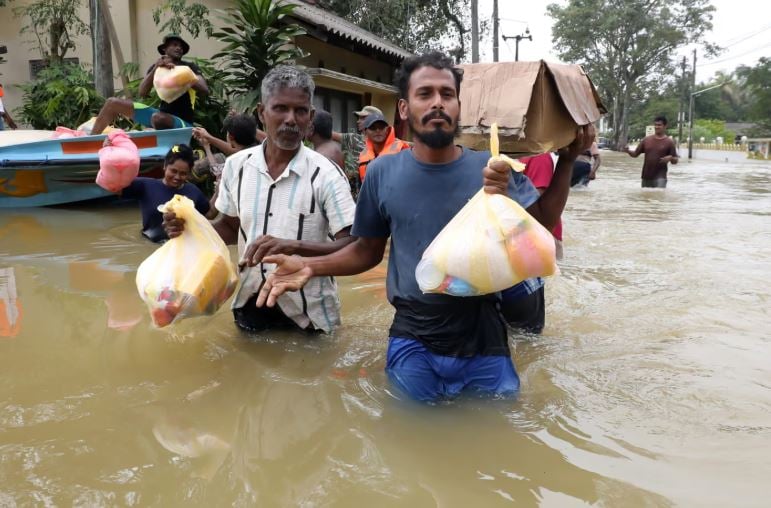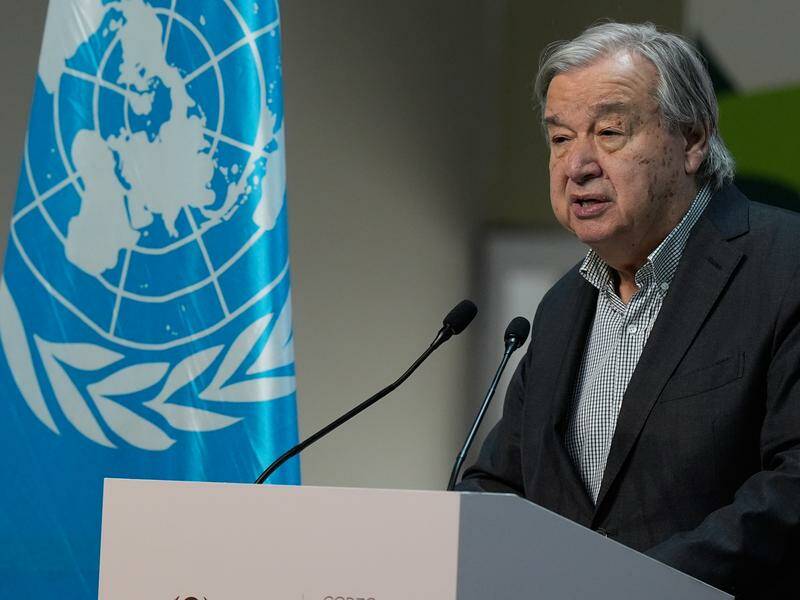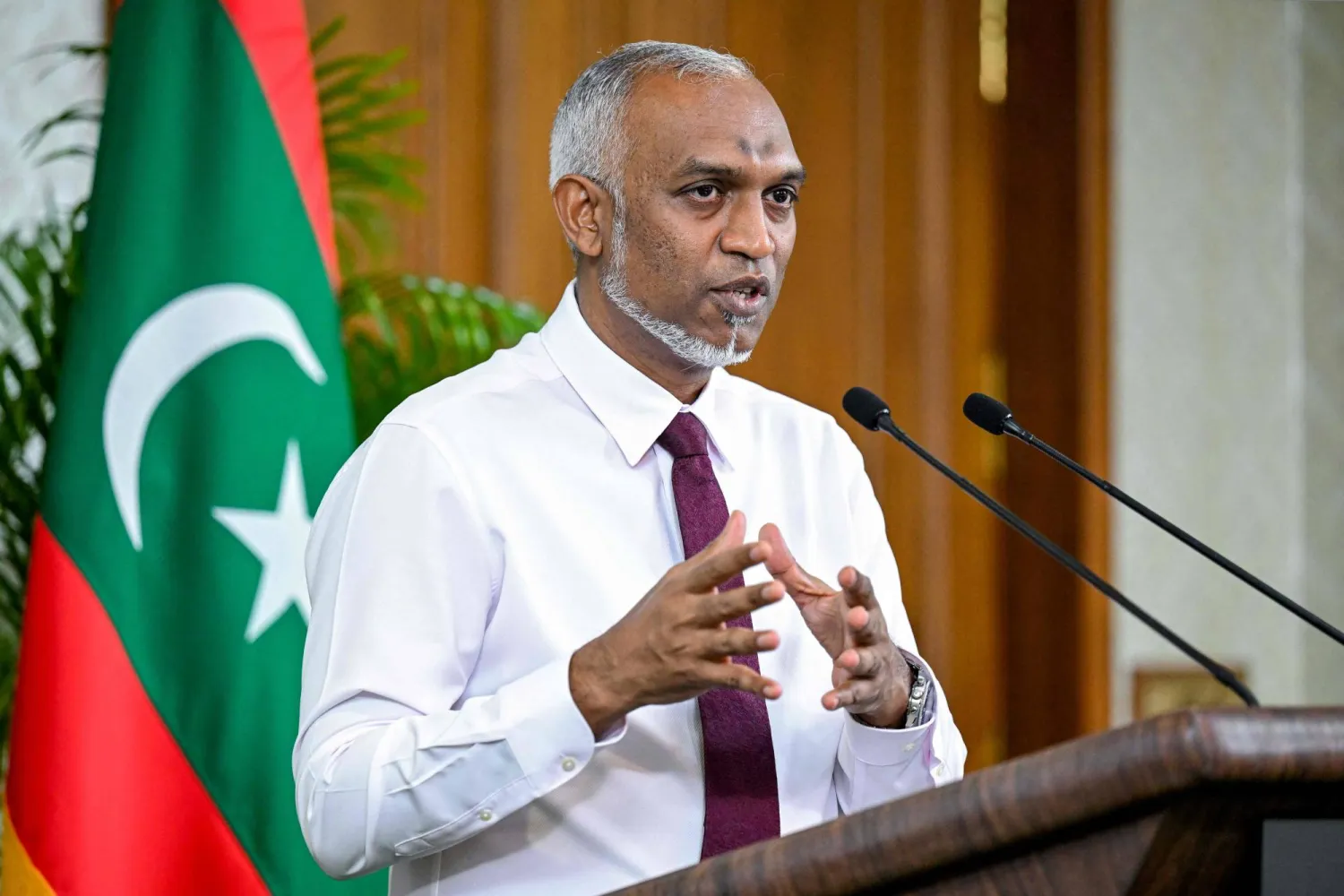Israeli forces carried out road demolitions and destroyed homes early Tuesday in Naqoura, a village near Lebanon’s southern border, in continued violations of a ceasefire agreement. The attacks included bursts of machine-gun fire in the coastal town and the bulldozing of landmarks and remaining homes in Kfarkila.
The ceasefire agreement, effective for three weeks, allows for a 60-day withdrawal period of Israeli troops, who invaded the Lebanese border region on October 1 in an expanded conflict against Hezbollah. However, ongoing artillery fire and reconnaissance flights over southern Lebanon and Beirut have delayed the withdrawal process.
Lebanese troops, in coordination with the United Nations Interim Force in Lebanon (UNIFIL), are preparing to retrieve the bodies of 37 Hezbollah fighters killed in border confrontations in Odaisseh and Taybeh. However, their entry into Khiam has been delayed by Israel’s slow withdrawal from Al-Hamames Hill.
UN Truce Supervision Organization head Maj. Gen. Patrick Gauchat held talks with Lebanese officials, including caretaker Foreign Minister Abdullah Bou Habib, to resolve disputes surrounding Israel’s withdrawal. Habib stressed the importance of clearly establishing the border between Lebanon and Israel, where six sections of the 120-km boundary remain contested.
World Bank Middle East Country Director Jean-Christophe Carret met with Lebanese officials to discuss rebuilding infrastructure and ensuring the sustainability of reconstruction efforts. Environment Minister Nasser Yassin emphasized the need for proper disposal of debris from Israeli attacks to prevent environmental damage. He proposed transporting rubble to quarries and urged officials to avoid dumping debris in the Litani River or its surrounding areas.
Interior Minister Bassam Mawlawi instructed municipalities in southern Lebanon to protect the river and its tributaries during reconstruction.
Meanwhile, two Lebanese lawyers, Majd Harb and Eli Kirolos, filed a complaint against the Hezbollah-affiliated Al-Qard Al-Hassan Association, accusing it of violating monetary and credit laws. The association’s offices, targeted during the final weeks of the conflict, have resumed operations in some locations despite the ongoing legal scrutiny.
The situation highlights ongoing challenges in southern Lebanon, including ceasefire violations, delayed troop withdrawals, reconstruction difficulties, and disputes over border demarcation. As Lebanon works to rebuild, officials stress the need for international cooperation and adherence to agreements to ensure long-term stability.
The ceasefire agreement, effective for three weeks, allows for a 60-day withdrawal period of Israeli troops, who invaded the Lebanese border region on October 1 in an expanded conflict against Hezbollah. However, ongoing artillery fire and reconnaissance flights over southern Lebanon and Beirut have delayed the withdrawal process.
Lebanese troops, in coordination with the United Nations Interim Force in Lebanon (UNIFIL), are preparing to retrieve the bodies of 37 Hezbollah fighters killed in border confrontations in Odaisseh and Taybeh. However, their entry into Khiam has been delayed by Israel’s slow withdrawal from Al-Hamames Hill.
UN Truce Supervision Organization head Maj. Gen. Patrick Gauchat held talks with Lebanese officials, including caretaker Foreign Minister Abdullah Bou Habib, to resolve disputes surrounding Israel’s withdrawal. Habib stressed the importance of clearly establishing the border between Lebanon and Israel, where six sections of the 120-km boundary remain contested.
World Bank Middle East Country Director Jean-Christophe Carret met with Lebanese officials to discuss rebuilding infrastructure and ensuring the sustainability of reconstruction efforts. Environment Minister Nasser Yassin emphasized the need for proper disposal of debris from Israeli attacks to prevent environmental damage. He proposed transporting rubble to quarries and urged officials to avoid dumping debris in the Litani River or its surrounding areas.
Interior Minister Bassam Mawlawi instructed municipalities in southern Lebanon to protect the river and its tributaries during reconstruction.
Meanwhile, two Lebanese lawyers, Majd Harb and Eli Kirolos, filed a complaint against the Hezbollah-affiliated Al-Qard Al-Hassan Association, accusing it of violating monetary and credit laws. The association’s offices, targeted during the final weeks of the conflict, have resumed operations in some locations despite the ongoing legal scrutiny.
The situation highlights ongoing challenges in southern Lebanon, including ceasefire violations, delayed troop withdrawals, reconstruction difficulties, and disputes over border demarcation. As Lebanon works to rebuild, officials stress the need for international cooperation and adherence to agreements to ensure long-term stability.





